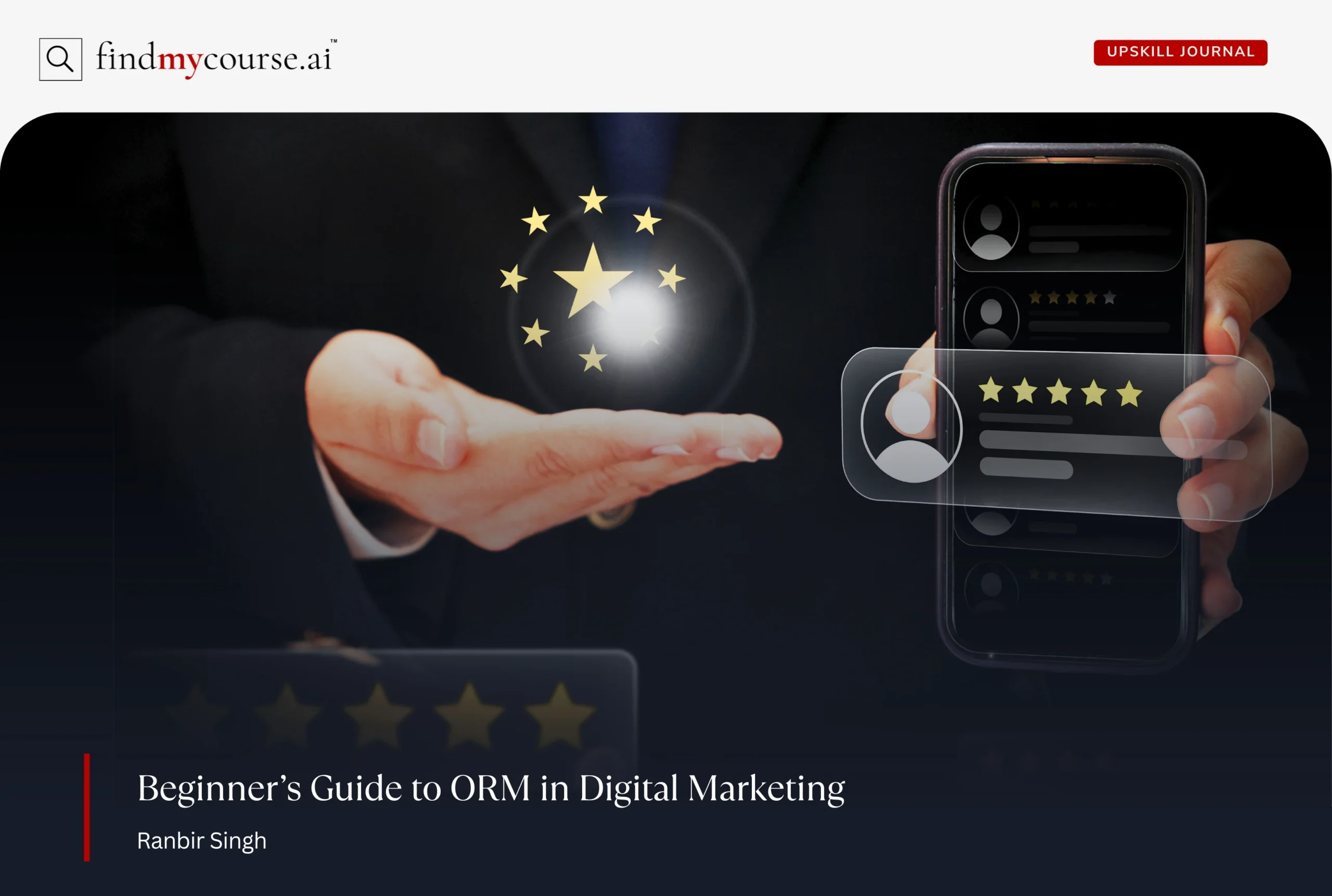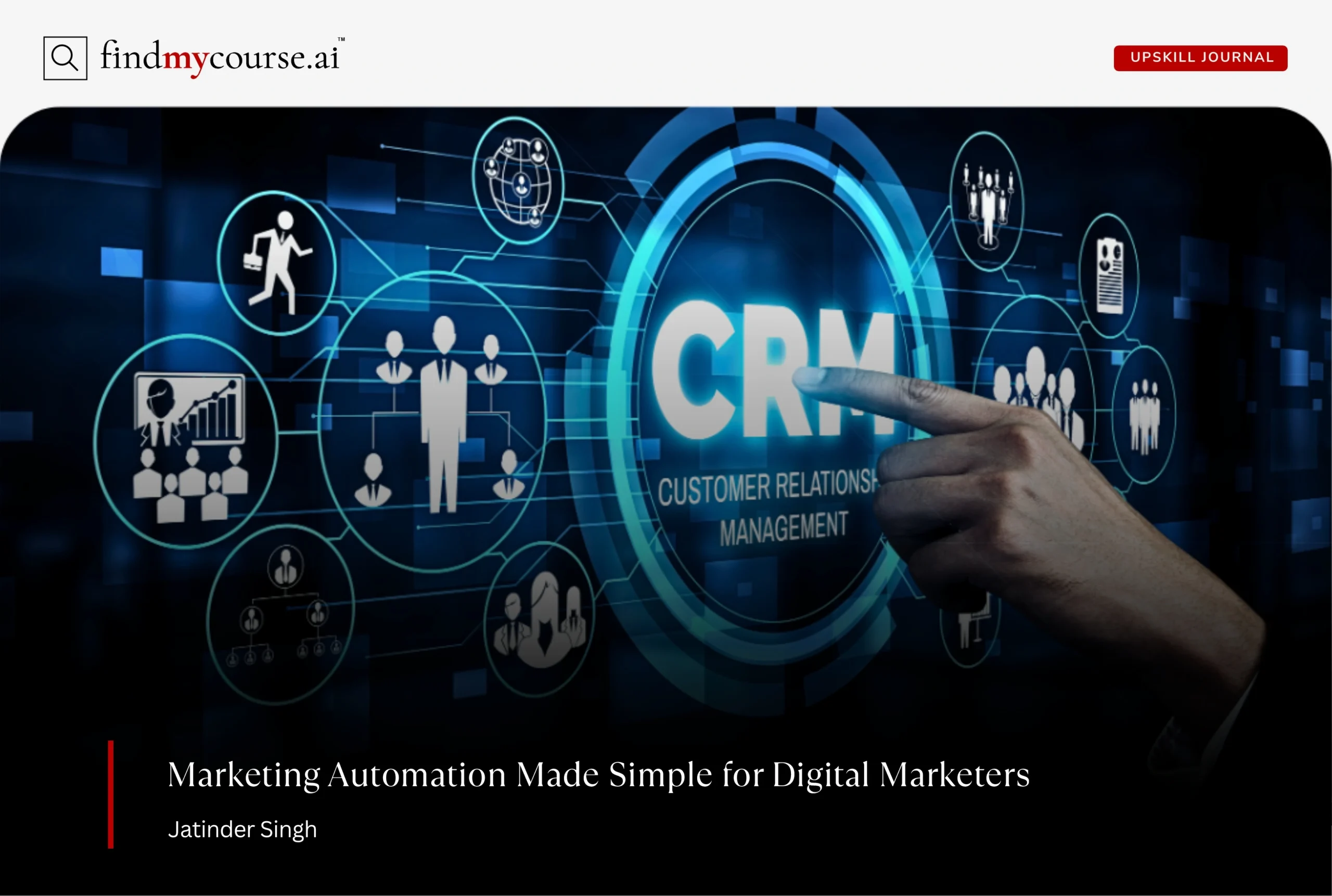Landing a business analyst role in 2026 isn’t just about having technical know-how—it’s about proving that you can turn data into direction, and insight into impact. As organizations race to become more data-driven, the role of the business analyst has also evolved into one of the most strategic and sought-after positions in modern enterprises. Yet, even skilled candidates often stumble when faced with real interview questions that test both logic and leadership. That’s where preparation makes the difference between a good impression and a job offer. In this guide, we’ll walk through the top business analyst interview questions you’re most likely to face, what recruiters are truly looking for in your responses, and also how to craft confident, story-driven answers that reflect your value. Moreover, you’ll learn how continuous upskilling can keep your edge razor-sharp in a competitive job market.
What Interviewers Are Really Looking For
Before you tackle specific business analyst interview questions, it’s crucial to understand what interviewers are truly assessing in a candidate. Beyond technical skills, they’re also looking for a professional who can connect data, people, and strategy in meaningful ways.
So, here are the key dimensions most hiring managers evaluate:
- Analytical Thinking:
Your ability to interpret data, identify trends, and transform findings into actionable insights that drive business results. - Communication and Influence:
Great analysts don’t just crunch numbers—they tell compelling stories that inspire decisions. Employers look for clarity, confidence, and empathy in how you present ideas and handle stakeholders. - Business Acumen:
Understanding how your analysis fits into the broader business context—revenue growth, customer experience, efficiency, or innovation—demonstrates strategic awareness. - Adaptability and Problem-Solving:
Projects rarely go as planned. Recruiters want to see how you handle ambiguity, shifting priorities, and evolving requirements while maintaining focus on outcomes. - Collaboration and Leadership:
Even without formal authority, business analysts often guide teams through influence. Showing emotional intelligence and cross-functional teamwork sets you apart.
Framing your answers around these qualities helps you go beyond “what you did” to demonstrate how you think—the hallmark of a standout business analyst.
Common Business Analyst Interview Questions
Let’s begin with the fundamentals—the questions that help interviewers understand how you view the role of a business analyst and how clearly you can communicate that understanding. These questions set the stage, allowing you to demonstrate your grasp of the BA’s purpose, responsibilities, and the value you bring to a project or organization.
“Can you describe the role of a business analyst?”
A strong answer shows you understand that BAs bridge the gap between business needs and technical solutions. Emphasize that you identify challenges, analyze data, and propose actionable recommendations that align with strategic goals.
Example: “A business analyst identifies business needs, evaluates processes, and delivers data-driven solutions that improve efficiency and value.”
“What are the key responsibilities of a business analyst?”
Mention requirement gathering, stakeholder communication, documentation, and process optimization. Also, refer to tools like Jira, Tableau, or Power BI to show familiarity with industry standards.
“How do you handle changing project requirements?”
Employers value adaptability. Explain how you use agile principles, maintain transparent communication, and collaborate with stakeholders to prioritize effectively when changes occur.
Technical and Analytical Interview Questions
Modern business analysts are expected to bridge strategy with technology. These questions focus on your ability to interpret data, use analytical tools effectively, and translate insights into meaningful business recommendations. They help interviewers understand not just what tools you know, but how you use them to solve real problems and support better decisions.
“What tools do you use for data analysis and visualization?”
Highlight versatile tools—Excel for foundational analysis, SQL for querying, Tableau or Power BI for dashboards. If applicable, mention Python or R for advanced analytics. Emphasize adaptability rather than memorizing tool names.
“Can you explain the difference between functional and non-functional requirements?”
Functional requirements define what a system does (e.g., user login), while non-functional ones specify how it performs (e.g., speed, security). Clarity here shows that you understand both technical depth and business impact.
“How do you perform a gap analysis?”
Explain how you assess current vs. desired performance, identify inefficiencies, and propose action plans. Back it up with an example—perhaps improving a workflow that saved time or reduced costs.
Scenario-Based and Behavioral Questions
These questions dig into how you approach challenges, collaborate with others, and make decisions when things don’t go as planned. They’re less about what you know and more about how you think and act. Additionally, behavioral questions give you the chance to tell real stories—moments that show your problem-solving skills, adaptability, and the tangible impact of your work.
“Tell me about a time you managed conflicting stakeholder expectations.”
Use the STAR method—Situation, Task, Action, Result. Show that you stayed calm, listened actively, and negotiated a solution that aligned everyone toward a shared goal.
“Describe a project where your analysis made a measurable impact.”
Quantify your results: “I redesigned the reporting process, cutting manual effort by 40% and improving decision-making speed across departments.” Measurable impact builds credibility.
“How do you prioritize tasks when working under tight deadlines?”
Explain your use of prioritization frameworks like MoSCoW or agile sprints. Emphasize balancing urgency with quality through clear communication and regular updates.
Domain and Business Process Questions
Employers don’t just want analysts who can handle data—they want professionals who understand how a business truly operates. These questions explore your grasp of industry dynamics, end-to-end processes, and how each function contributes to the bigger picture. Strong candidates also show that they can think like business partners, not just analysts—connecting process improvements and data insights to real organizational outcomes.
“What is your experience with process modeling?”
Discuss tools like BPMN or Lucidchart. Stress clarity—how your process maps help teams visualize workflows and identify areas for improvement.
“Can you explain what a Use Case is?”
A Use Case describes user interactions with a system to achieve specific goals. It’s a bridge between stakeholder needs and developer understanding, ensuring alignment across teams.
“How do you ensure the requirements you gather are complete and accurate?”
Show that you validate through interviews, workshops, documentation reviews, and prototype testing. Employers appreciate analysts who double-check assumptions and confirm details early.
Advanced and Strategic Questions
At the senior level, interviewers look beyond your technical ability—they want to understand how you think strategically and how your analysis supports the organization’s long-term goals. These questions explore your ability to connect data with direction, balance short-term needs with long-term vision, and influence decision-making at higher levels. In essence, they reveal whether you can move from being a problem solver to being a strategic partner in driving business growth.
“How do you measure the success of a business analysis project?”
Include both hard metrics (ROI, time savings, efficiency gains) and soft outcomes (stakeholder satisfaction, improved decision-making). A balanced answer reflects maturity.
“What’s your approach to risk management?”
Describe identifying potential risks early, analyzing impact, and designing mitigation plans. Use a past example where proactive analysis prevented a costly issue.
“How do you align business goals with IT deliverables?”
This question evaluates your ability to connect strategy with execution. Highlight how you translate business needs into clear, actionable technical requirements through consistent feedback loops.
Expert Tips to Excel in Business Analyst Interviews
Succeeding in a business analyst interview isn’t just about knowing frameworks or listing tools—it’s about showing how you think, how you listen, and how you turn understanding into action. So, here are a few simple ways to stand out:
- Research the company deeply. Go beyond the website. Learn about its market, recent challenges, and growth priorities so you can tailor your examples to what really matters to them.
- Highlight measurable results. Numbers make your story credible. Show how your work improved efficiency, reduced costs, or supported better decisions—whatever outcomes your analysis helped achieve.
- Tell stories, not just answers. Bring your experience to life. Describe real situations, your thought process, and what you learned. Stories make your skills memorable and authentic.
- Keep learning and evolving. The best analysts never stop improving. Stay curious—whether it’s through certifications like CBAP or by exploring new tools and domains.
- Show collaboration and empathy. Business analysis is a team sport. Employers value those who can bridge perspectives, handle differing opinions, and build trust across teams.
Every interview is a chance to show not just what you know, but how you think and communicate. Blend technical precision with genuine curiosity and human insight—that’s what truly sets great business analysts apart.
Final Thoughts
Preparing for business analyst interview questions isn’t about rehearsing perfect answers—it’s about understanding the value you bring. The best candidates don’t just describe what they’ve done; they explain how their thinking made a difference. When you reflect on your projects, focus on the “why” behind your decisions and the “how” behind your results. That clarity is what sets apart a technician from a true analyst. Walk into your interview with a learner’s mindset, a storyteller’s clarity, and the confidence that comes from real experience. Remember, the goal isn’t to impress—it’s to connect your insights to the impact the organization is striving for. And if you ever need help or have more questions about preparation, you can always ask our AI assistant for guidance along the way.


